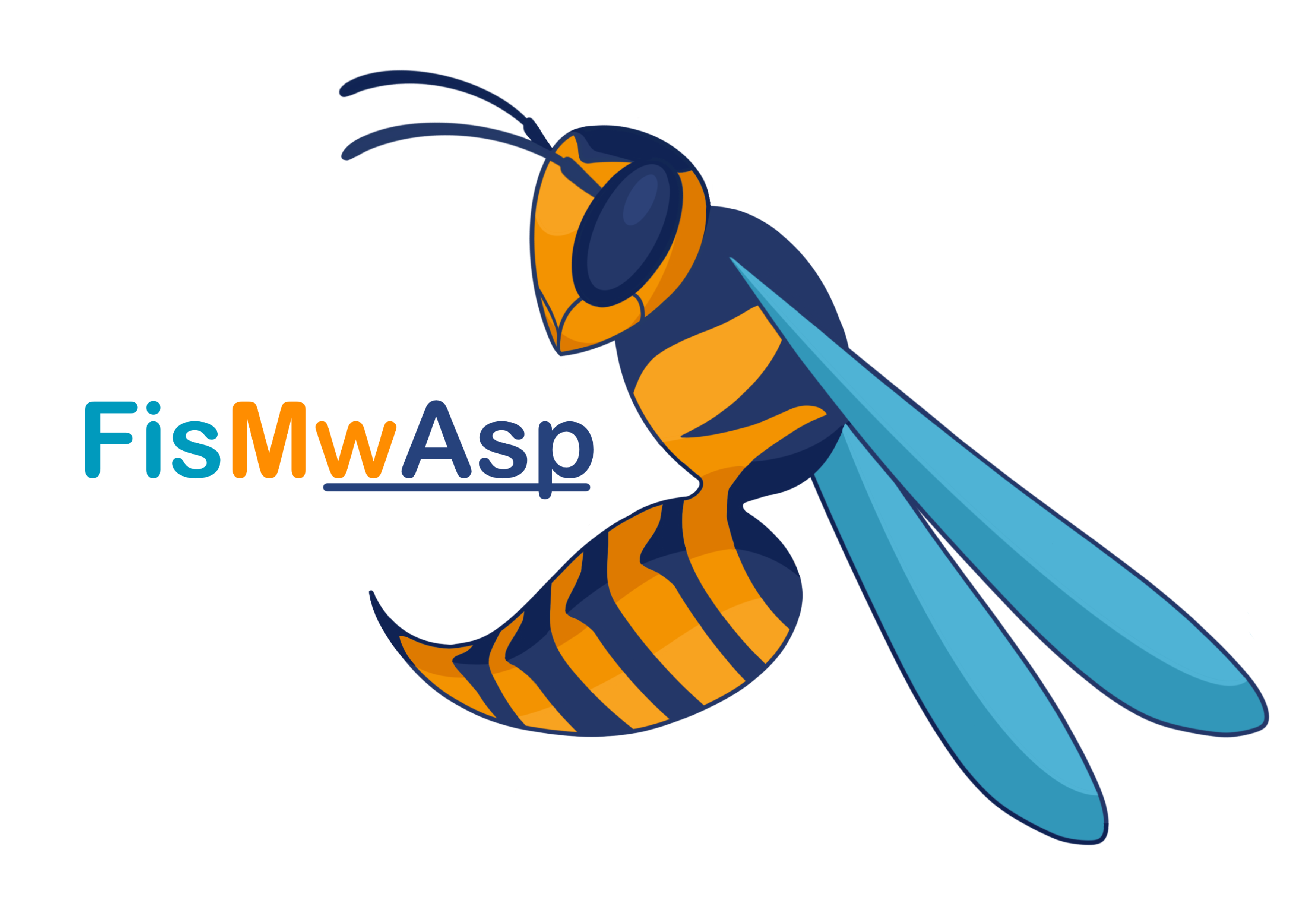library_name: sentence-transformers
pipeline_tag: sentence-similarity
tags:
- sentence-transformers
- feature-extraction
- sentence-similarity
- transformers
language:
- de
FISMWASP Autoencoder 400k-e2
This is a sentence-transformers model: It maps sentences & paragraphs to a 768 dimensional dense vector space and can be used for tasks like clustering or semantic search.
This is an embedding model that makes it possible to organise German language and technical specifications in a vector space without vector overlays. It is an S-bert model with the TSDAE architecture. The model was developed by André Osyguß from Medienwerft with the help of colleagues from FIS ASP and FIS.
This model was trained with technical ticket data. Over four hundred thousand sentences were used for training in order to achieve optimal results.
Usage (Sentence-Transformers)
Using this model becomes easy when you have sentence-transformers installed:
pip install -U sentence-transformers
Then you can use the model like this:
from sentence_transformers import SentenceTransformer
sentences = ["This is an example sentence", "Each sentence is converted"]
model = SentenceTransformer('{MODEL_NAME}')
embeddings = model.encode(sentences)
print(embeddings)
Usage (HuggingFace Transformers)
Without sentence-transformers, you can use the model like this: First, you pass your input through the transformer model, then you have to apply the right pooling-operation on-top of the contextualized word embeddings.
from transformers import AutoTokenizer, AutoModel
import torch
def cls_pooling(model_output, attention_mask):
return model_output[0][:,0]
# Sentences we want sentence embeddings for
sentences = ['This is an example sentence', 'Each sentence is converted']
# Load model from HuggingFace Hub
tokenizer = AutoTokenizer.from_pretrained('{MODEL_NAME}')
model = AutoModel.from_pretrained('{MODEL_NAME}')
# Tokenize sentences
encoded_input = tokenizer(sentences, padding=True, truncation=True, return_tensors='pt')
# Compute token embeddings
with torch.no_grad():
model_output = model(**encoded_input)
# Perform pooling. In this case, cls pooling.
sentence_embeddings = cls_pooling(model_output, encoded_input['attention_mask'])
print("Sentence embeddings:")
print(sentence_embeddings)
DataLoader:
torch.utils.data.dataloader.DataLoader of length 13031 with parameters:
{'batch_size': 32, 'sampler': 'torch.utils.data.sampler.RandomSampler', 'batch_sampler': 'torch.utils.data.sampler.BatchSampler'}
Loss:
sentence_transformers.losses.DenoisingAutoEncoderLoss.DenoisingAutoEncoderLoss
Parameters of the fit()-Method:
{
"epochs": 2,
"evaluation_steps": 0,
"evaluator": "NoneType",
"max_grad_norm": 1,
"optimizer_class": "<class 'torch.optim.adamw.AdamW'>",
"optimizer_params": {
"lr": 3e-05
},
"scheduler": "constantlr",
"steps_per_epoch": null,
"warmup_steps": 10000,
"weight_decay": 0
}
Full Model Architecture
SentenceTransformer(
(0): Transformer({'max_seq_length': 512, 'do_lower_case': False}) with Transformer model: XLMRobertaModel
(1): Pooling({'word_embedding_dimension': 768, 'pooling_mode_cls_token': True, 'pooling_mode_mean_tokens': False, 'pooling_mode_max_tokens': False, 'pooling_mode_mean_sqrt_len_tokens': False, 'pooling_mode_weightedmean_tokens': False, 'pooling_mode_lasttoken': False, 'include_prompt': True})
)
Citing & Authors
authored by André Osyguß
